By Sam Welsh
Stepping Out Of The Comfort Zone
The term “Comfort Zone” is being bandied around more and more as our society undergoes significant changes. We live in a world at war, with emerging AI technology challenging the place of the average human, and enduring inflation with wages nowhere near where they should be. Where is the “Comfort Zone” now? What is the new safe? It is sad to consider that for more and more people, the “Comfort Zone” is shrinking amidst these challenges.
The appeal of remaining in society is waning for many individuals, particularly the young, as they seek better opportunities elsewhere. People are left with increasingly extreme decisions: Do I fully commit to trying to make this work where I am, or do I risk doing something completely out of the ordinary and abandon the system I was raised in? Either way, it’s going to be a struggle at times. With this in mind, safety is something that is always on our minds. Whatever the circumstance (whether it’s a job or going to university, etc.), the situation can feel unsafe.
There are always so many doubts: What happens if I don’t like my new colleagues? Will my children be able to adjust if we move locations? These worries are as old as humanity, and it is important for everyone to recognize their own acceptable level of comfort versus stagnation.
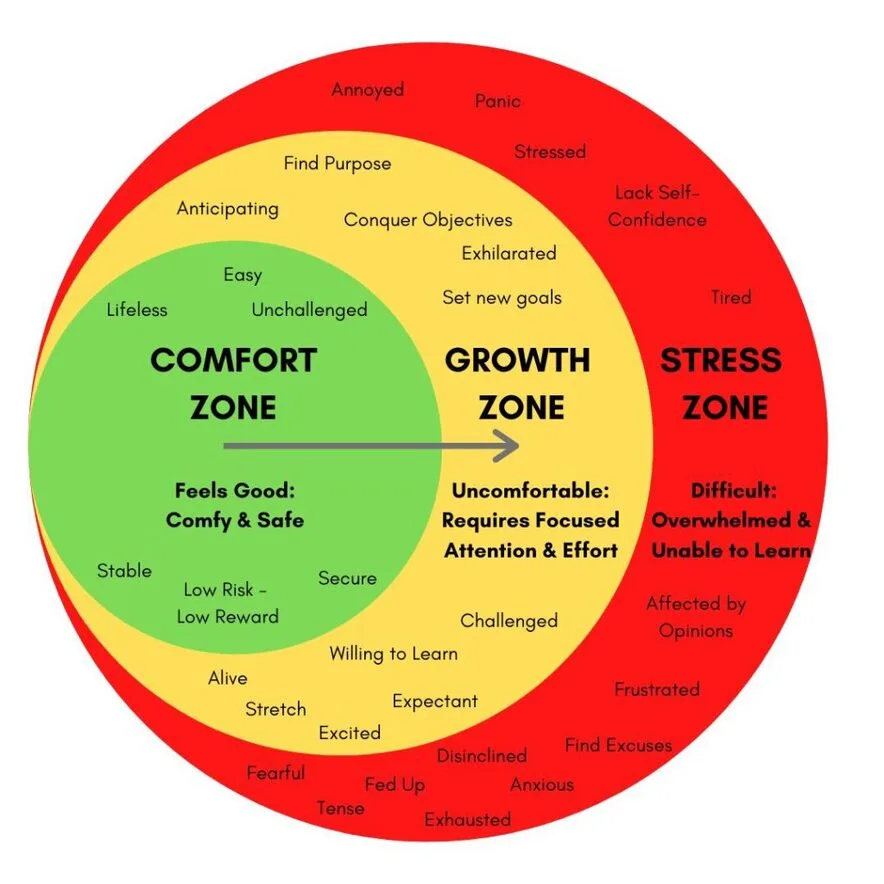
How Did You Handle Challenge When You Were Younger?
Catherine explained this to me in an interesting way. When we are children, we don’t always feel like doing things. For example, “I don’t want to go to afterschool football club today, I’d rather rest at home.” However, your parents may suggest you still go. Depending on how strict your parents were may depend on the outcome of this decision. Unless you are feeling ill or feeling very strongly that you don’t want to go, you will probably just do it and, in most cases, end up enjoying it.
As adults, we don’t always have that influence on us anymore. What does that mean for us? We need to find our own intrinsic motivation. I was hesitant to go to an event when Catherine pointed this out to me. Staying home in my PJs seemed very appealing, but I hadn’t gone out to see anyone for some time. It really made me think. Being pushed is okay sometimes; in fact, being pushed can sometimes be necessary. Our brains seem confused about what is and isn’t safe, and our bodies can react as if we are being attacked by tigers, even though you just have a job interview tomorrow. You can challenge your own thinking; in fact, it is a necessity at times.
Keep Your Seatbelts Fastened
Well, that was heavy! But it is necessary to think about this because any amount of disruption to your normal can cause you stress. Traveling is the ultimate disruption to your normal. Sound scary? It’s not as scary as it may seem, and this ever-changing normal can help you look at life from the outside, giving you a new perspective. Let’s get into what you are going to need for travel.
Travel Insurance and Other Insurance
Travel insurance is essential for full-time travelers like ourselves. Though we can’t use travel insurance for most smaller healthcare needs such as doctor’s appointments or check-ups, travel insurance is important for the big stuff. Lost luggage, major injuries, accidents, travel delays, and transportation of your body back home in the case of death. We don’t want to have to use our travel insurance – but it gives us peace of mind as we go around.
We would recommend Safety Wing, which is designed for people traveling to many countries. The standard coverage is around 56 USD per month (as of June 2024) for 18-39-year-olds, and for 100 USD, you can get health coverage in the US.
Regarding health insurance, it really depends on the country. Some countries have very affordable and high standards of healthcare without insurance. We recently had dental care in Argentina for 30 USD per person. So yeah, health tourism is definitely a thing in the modern world. People travel to Thailand for surgery that they are struggling to get at home.
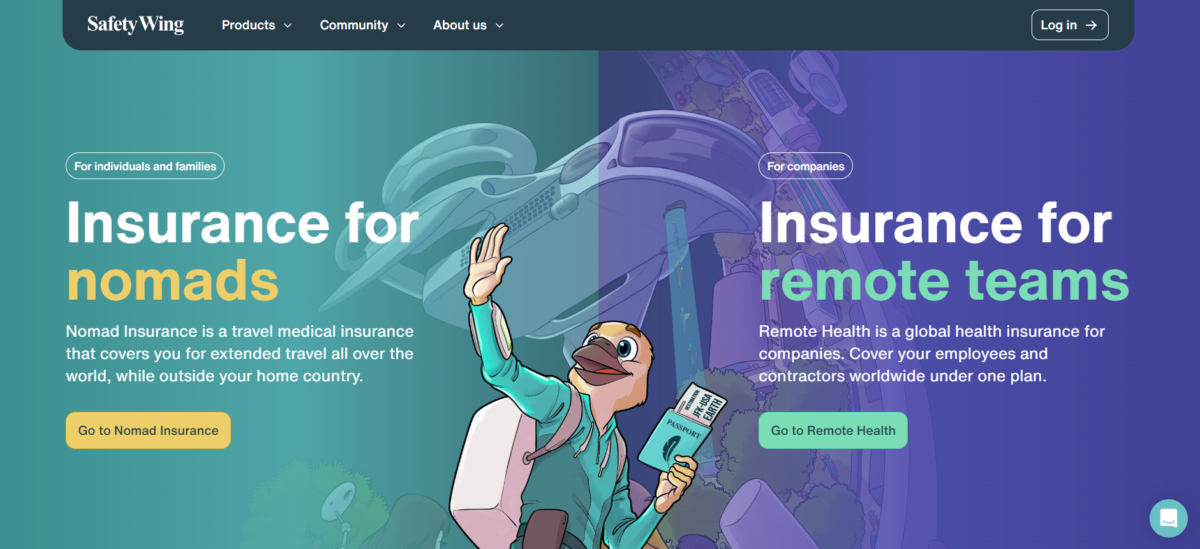
Be Careful with Food
It may surprise you to know that the biggest risk food of being abroad is salad. That isn’t me dodging my vegetables. The reason for that is simple: the salad may not be washed in clean water, which can actually make you a lot sicker than even undercooked meat. In particular, on the small little side salads that are just added to your plate.
Street food is some of the best food that we have ever had. Go to the places that are busy and buy what is popular. That will make you a lot safer with unknown food from unknown sources.
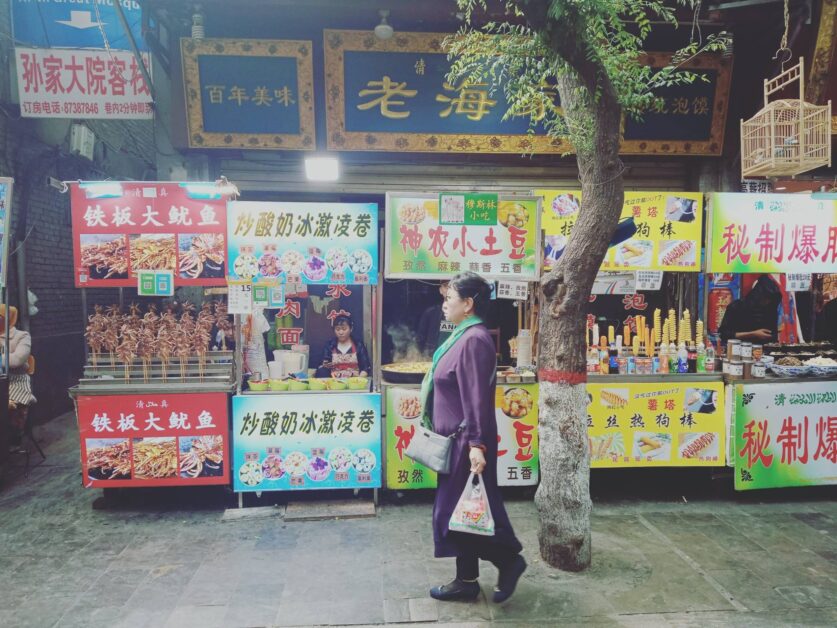
Hiding Your Valuables
We are currently in Buenos Aires, and we have not had any issues with safety. However, we have done our research and taken precautions with the following:
- A fake wallet: If you get mugged, they get some cash, but nothing else.
- A money pouch: Easy to conceal under your clothing, the money pouch essentially wraps around your waist, and you can keep big notes and credit cards inside it.
- Split up your valuable items around the place you are staying: Again, we have never had any issues, but if you are having your place cleaned, it might be wise to hide your important things in a variety of places. Worst case scenario, you may have only a few items taken instead of all of them.
Having Backup Plans
- Having mobile data: It can be annoying to deal with getting a SIM card abroad, but if you really need data because you lost your credit card, then having your details on your phone so you can at least get home is essential.
- Keep emergency cash on you: Honestly, this applies anywhere, even back home in the UK. There is no harm in having a bit of cash on you in case you urgently need a taxi, etc.
Do a Bit of Research
You don’t have to spend a long time reading through Reddit, etc., however, it is worth Googling any major issues in the country you are going to. I was harassed by street vendors in Vietnam who were very forcefully trying to sell me something. That wasn’t a pleasant experience but it made me a little wiser.
Be Wary of Scams
Of course, there are scams everywhere, but I’m referring to smaller-scale scams like those with the cash machines in Argentina. If you don’t know the economic situation, you will be charged a lot of money to withdraw any money from a cashpoint/ATM. Don’t use a cashpoint. Send yourself money over Western Union. This specific example applies to Argentina, but other countries have similar issues. Make sure you have a plan for how you can access your money abroad.
Digital Safety
Traveling can affect your internet security. From online banking to online streaming, going abroad and moving around can make everyone suspicious of you. Netflix has recently changed its rules to deny other users from outside of the main account holders’ household. Frustrating. For your own good, I suppose?
After years in China, trying to figure out banking was a pain. So, I thoroughly recommend using a VPN. A VPN is a Virtual Private Network that protects you and keeps you hidden. To put it simply, it replaces your IP address with another IP address anywhere you want in the world (near enough, North Korea would be interesting…). There are many benefits to this. You would be surprised at how many shows/games you can access by being in a different country. You can even get discounts by having an IP in another country. Not that I would encourage such activity.
The main benefit of a VPN is that it protects your details from being stolen or hacked into. Should a bad person online know your IP address, then they can have greater access to your details. All major persons/businesses have VPNs and encryptions on their data to avoid any hacking/manipulation. As we rely on technology more and more, the amount of data that could be used against us is growing (this is particularly troubling for the medical sector and the government).
Recommended VPNs
If you decide to have a VPN, I doubt you’ll regret it. Even if you aren’t worried about security, you can keep up with your favorite TV shows while abroad while using a VPN.
I would highly recommend the following VPN providers:
Of the three VPNs, I would recommend NordVPN the most. It has never had any issues since Catherine and I started using it last year.
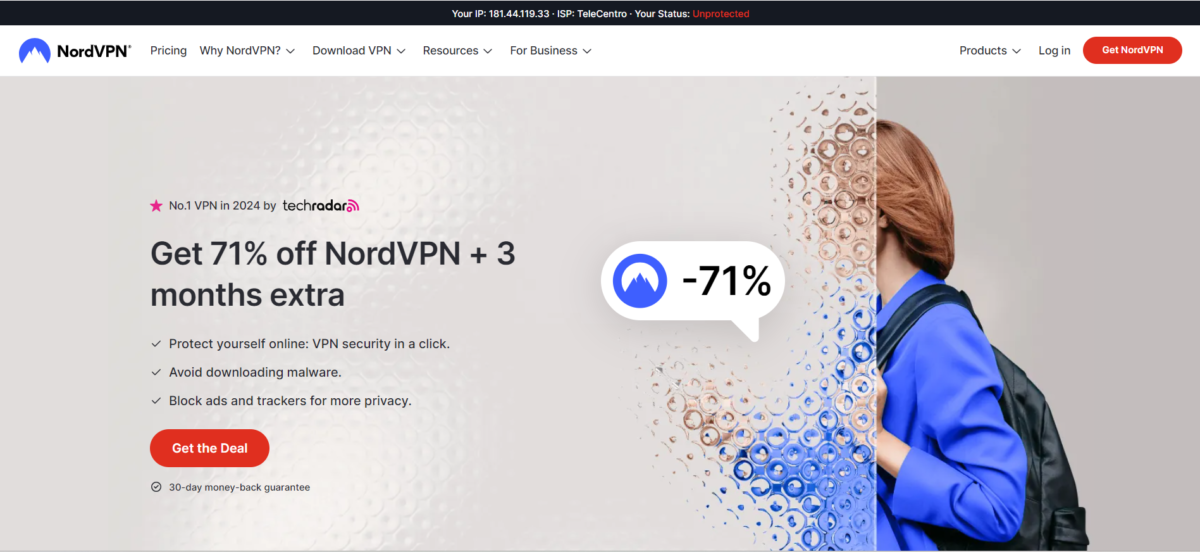
Cultural Differences
We all have our own cultures and backgrounds. Sounds obvious, but it is amazing how often people get into trouble with this. If the culture doesn’t approve of drinking alcohol in public, for example, then don’t do it. If the culture has very strict laws on drugs, then be prepared for the consequences (like China or the Philippines). Don’t expect other people to behave how you want them to or to understand why you did it. It probably won’t happen, and all you will do is put yourself at risk. Be respectful, and everything will be fine.
Different laws are one difference; however, another significant difference can be female safety. Catherine has felt really safe walking alone at night in many places at night such as Thailand, Vietnam, and China. In some parts of the U.S. or Argentina, she would be more cautious. Doing that little bit of research can lower the risks of travel.
Have a Local Contact
Traveling can have frustrating moments when you feel quite powerless. Sometimes, you know you are being overcharged, but there isn’t really anything you can do. You are foreign; this is not your country, power ultimately lies with the local people. That’s why it is important to have someone you can largely trust or are at least familiar with to get advice on the local culture.
This can be done with social media on an expat or Digital Nomad group as a lot of local people also want to get to know you or improve their English etc. In exchange for that, you can ask basic questions like: “I was charged 3 dollars for these bananas, is it always that expensive?” This will make traveling happier and safer and give you an experience of the local culture.
Plan Ahead
This applies anywhere, as it is always good to plan ahead. If you know you are going to be in a less desirable part of the city, wait inside until your Uber home has arrived. Avoid standing by doors on public transport, such as buses or the metro. If someone is planning on making an easy theft, the best way is to grab your phone and get off the transport as the doors close, so being by the door could make you a target.
What is your experience with safety abroad? Have you ever felt unsafe? Share in the comments, and thank you for reading.
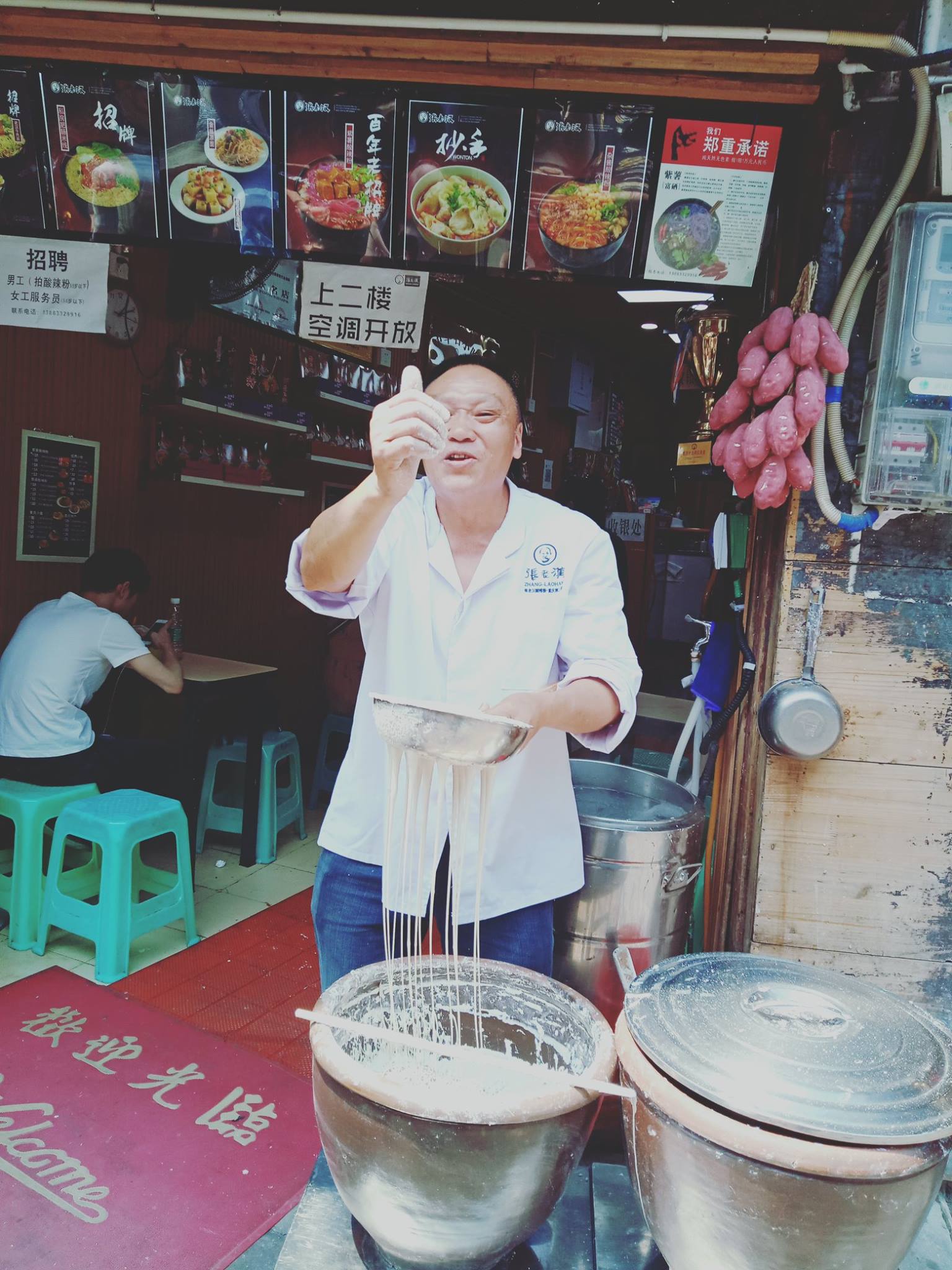
Leave a Reply